JUSSIE SMOLLETT INTERVIEW: BEYOND THE HEADLINES: JUSSIE SMOLLETT’S NEXT ACT
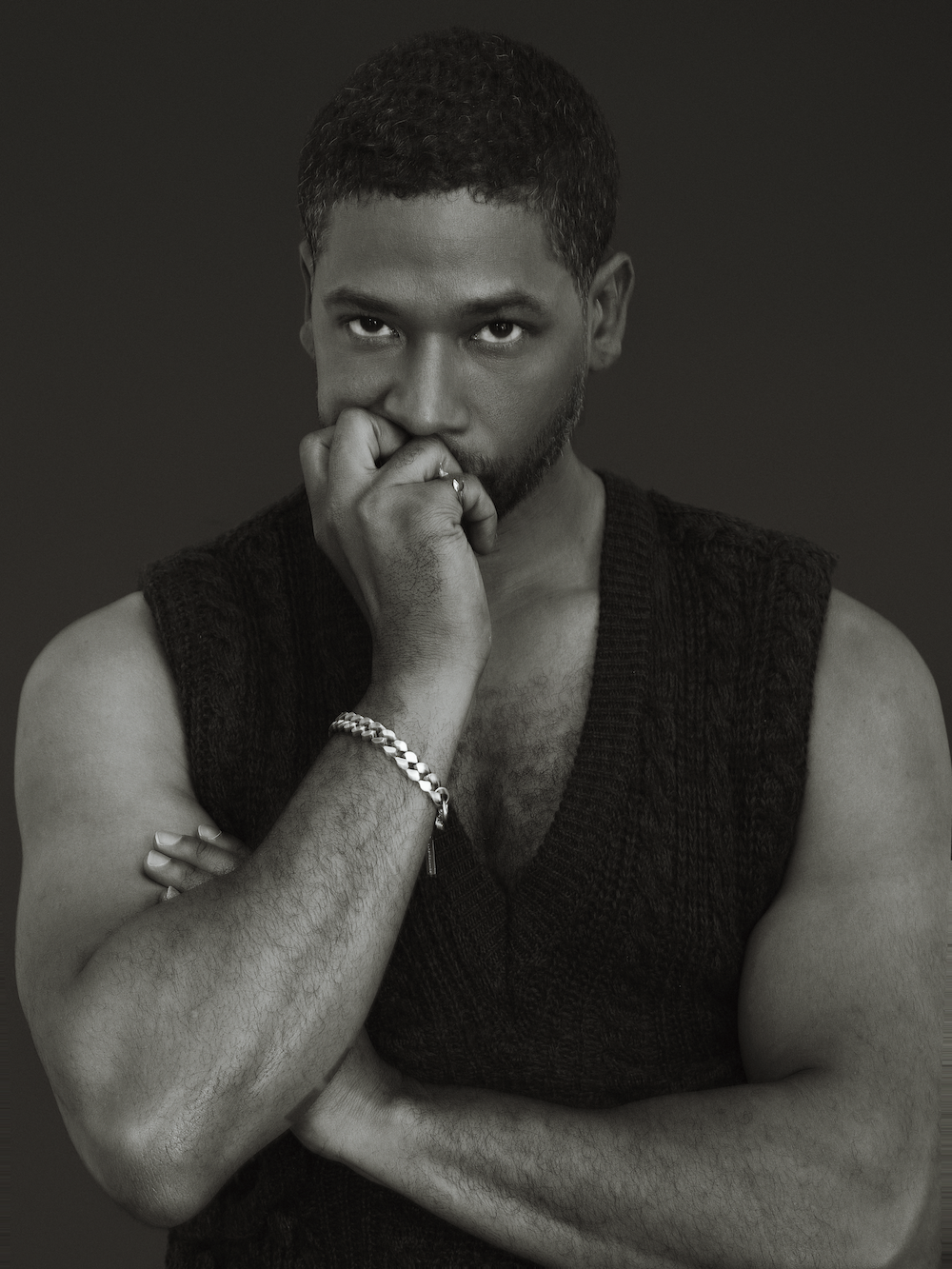
JUSSIE SMOLLETT INTERVIEW: In the seven years since his debut album, Jussie Smollett has proven that artistic expression knows no boundaries, seamlessly moving between award-winning acting, directing, and creating soulful R&B. Now, the multidisciplinary artist has returned with his highly anticipated second full-length project, ‘Break Out’. More than just an album, this release signals a bold new era of freedom and resilience.
Smollett, now based in London and operating as an independent artist, describes the album as a blend of his signature storytelling with a fresh sound, prioritising majority live instruments and working with legends like producer Dallas Austin and drummer James Gadson. Having already soared to number one on the U.S. R&B charts, the project is resonating with listeners globally, delivering a core message: breaking free from all the voices and misconceptions that tell us we aren’t worthy.
As he balances his film career—which includes portraying the iconic poet Langston Hughes and directing his own feature films—with his deeply personal, journal-like music, we sit down with Jussie Smollett to discuss his new chapter, his creative evolution, and the authentic truth he hopes listeners take away from the complete ‘Break Out’ experience...
Now that ‘Break Out’ has been out for a couple of months, what has the initial feedback from fans and critics been like?
It’s been pretty incredible. We went to number one on the U.S. R&B charts and have been getting love worldwide. I’m so grateful. You never know if what you vibe with will resonate with listeners. I’m so thankful it has so far.
You described ‘Break Out’ as blending your signature storytelling with a “fresh sound.” What specific tracks or production elements best exemplify this new musical direction, and what was it like collaborating with legendary producer Dallas Austin on the project?
It was most important that this album be majority live instruments. The respect I have for the artists that blessed us on the album is beyond. The great James Gadson, who played drums on everything Bill Withers, Marvin Gaye’s ‘I Want You’, The Jacksons ‘Dancing Machine’, Diana Ross ‘Love Hangover’ and all the great Motown songs. All the horns were done by my brother Curtis Williams of Kool & the Gang. The mixing was done by Brian “Big Bass” Gardner who mixed on ‘Off The Wall’ and ‘Thriller’. We wanted that authentic feel in every way. Blessedly, we got it.
The album’s title and the single releases like ‘Some Things’ signal a new personal and creative era. Now that the full project is out, what is the core message of freedom you hope listeners take away from the complete ‘Break Out’ album experience?
We all have that thing or things that happen through life that can make us feel small or alone. We have to break out of all those voices telling us that we aren’t worthy. Those misconceptions that others try to put on us or even that we put on ourselves. Life is too short and too long to live that way. Find the joy, do the work and live.
You have built a career as an award-winning actor, director, and R&B artist. If you had to select one song from ‘Break Out’ that best represents your creative evolution across all three disciplines, which one would it be and why?
Probably ‘Imagination Guy’. It brings me back to why I started wanting to make music to begin with. It’s true soul with a bit of a bawdiness in its story that I love. It’s fun and thoughtful and sexy and visual. It’s all the things.
Your critically acclaimed role as Langston Hughes in Marshall stands alongside your recent work directing and starring in The Lost Holliday. What lessons about authentic storytelling did you learn from portraying an iconic poet like Hughes that you applied to writing and directing your own feature films?
There’s something very sobering about having the opportunity to portray someone as iconic and necessary as Langston Hughes. It was such a small role but so impactful. I’ve studied his work since I was seven years old. And then in the same breath, to work with Chadwick Boseman and be directed by Reginald Hudlin… Anyone who knows me, knows that I’m a bit of a sponge and I’m always studying. I’ve taken such inspiration from each and every person I’ve been blessed to work with or portray. Finding the truth in humanness is a beautiful thing. It’s trained me in some way for everything I’m doing now.
As a writer and vocalist on the Grammy-recognised Empire soundtrack, how did creating music for a character like Jamal Lyon differ from writing such personal, “journal-like” music for yourself on ‘Break Out’?
Well it just depended. Some of the music that I performed on Empire was created by myself and David Michael Ott (Smollett’s music partner) prior to the show existing. Some were created specifically for Jamal’s storyline by Jim Beanz and the incredible writers and producers. Both Jamal and myself are autobiographical writers but Jamal’s music was more particular whereas my personal storytelling is a bit different in that I like to make it not so specific to me, that it alienates the listener from identifying with the story being told.
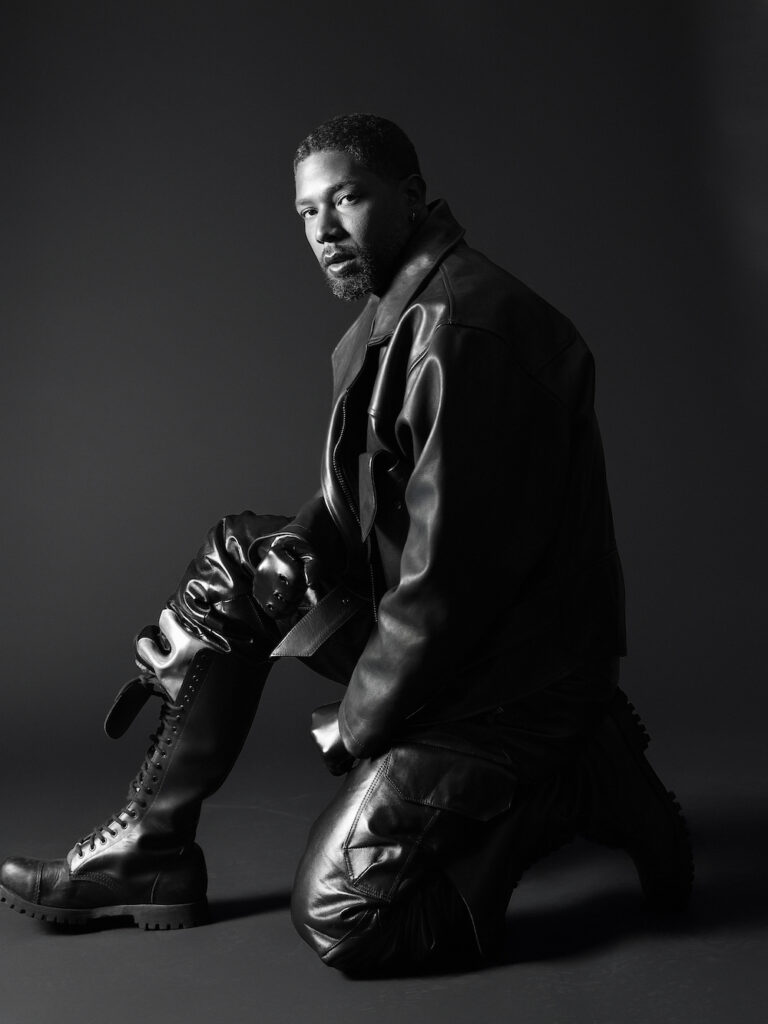
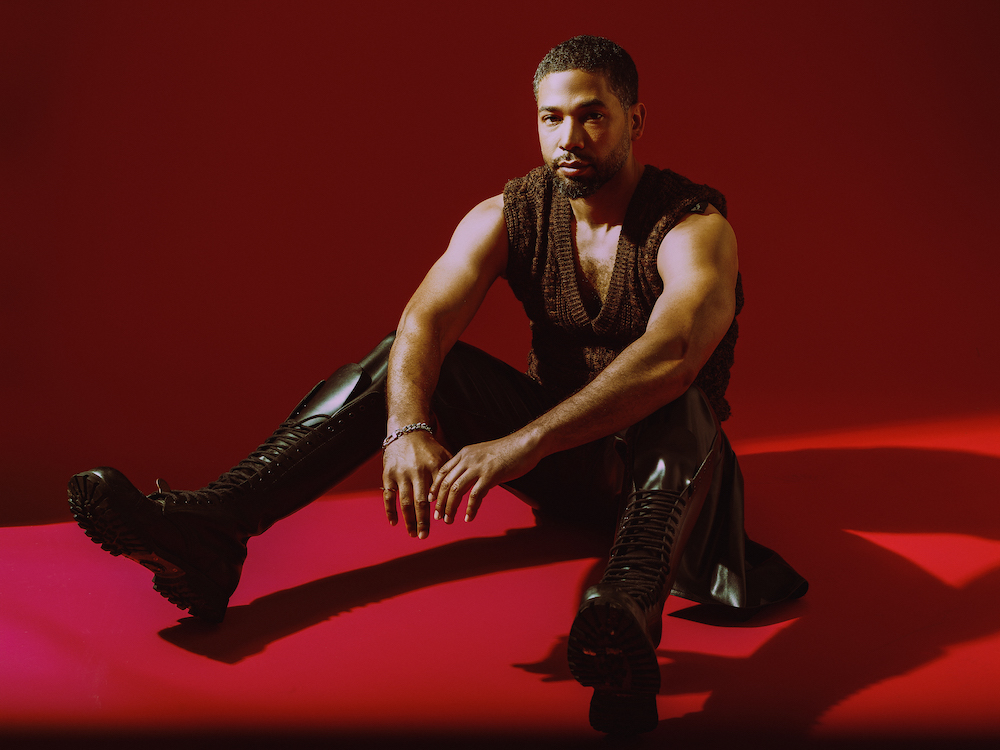
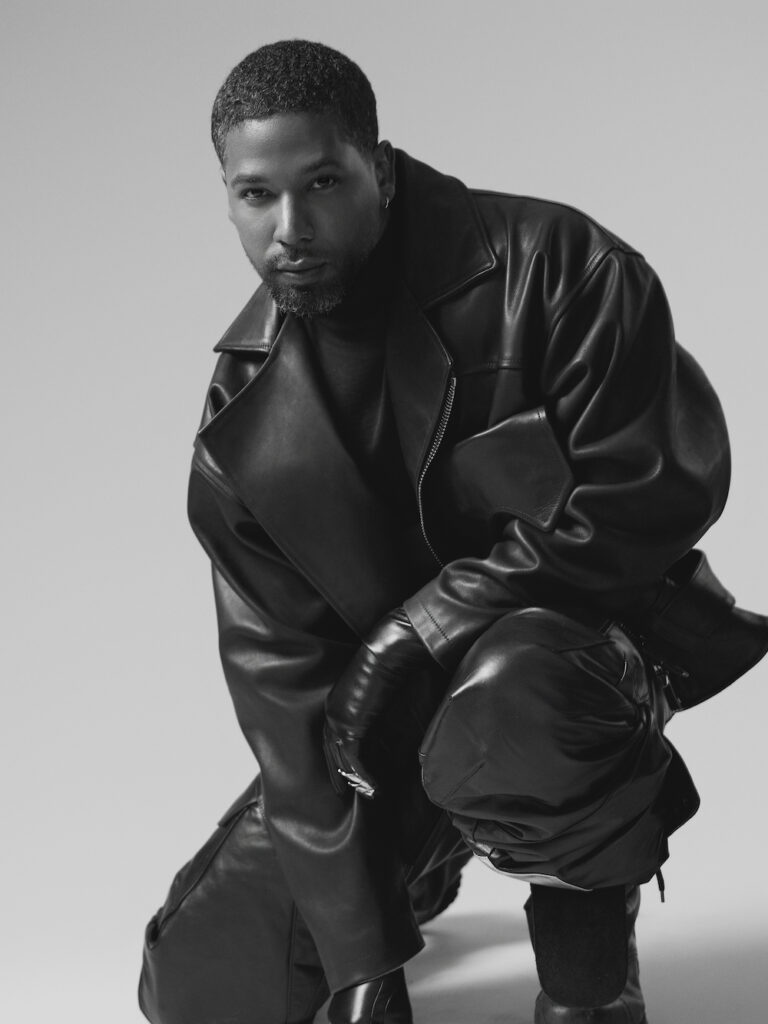
Having now directed episodes of Empire, music videos, and two feature films (B-Boy Blues and The Lost Holliday), where does directing fall in your priorities compared to acting and music, and what kind of project are you looking to helm next?
I’m an artist. It’s all art. I’m too curious about life and get bored too quickly so it feeds me to do a-lot-a-bit of everything. Next is a romantic thriller I wrote that we film next year here in London.
You are a very active supporter of organisations like The Black AIDS Institute and Sankofa.org. In what ways do the themes of dialogue, change, and authentic representation found in your music and films connect directly with your current philanthropic work?
The music is my heart and what goes on in the world is in my heart. I don’t know how to separate the two. If people are listening then I’d hope to say something worth them hearing. I want to feel joy and humour and love but ignoring the pain of the world, isn’t the way to make those things suddenly appear.
After the experience of launching your debut album, ‘Sum of My Music’, and its sold-out world tour, how does the release and promotion strategy for ‘Break Out’ compare, particularly now that you’re operating as a London-based independent artist with a joint label deal?
It’s been beautiful. We are the little train that can and do. My team is just incredible. It’s fulfilling to see the numbers climbing and radio starting to take notice and listeners finding it and hearing what folks are vibing with and seeing which songs are resonating more than others. It’s fascinating and I love it. I love the freedom of being an indie artist but I also am so fortunate to have partnered with Dallas and Rowdy Records. What they have meant and still mean to the culture is legendary.
The album marks your first full-length project in over seven years. Was there a specific moment or realisation that prompted you to return to the studio for this “bold new phase,” and how do you protect the creative space needed to produce an album while balancing your film career?
It was just time. I had been recording for years as a form of therapy with no real intention on releasing it. It’s not that I didn’t want to, I simply had no plan for it. But David and Dallas and all the other creatives were so patient with me. I was inside the house not wanting to come out. I’m outside now and don’t plan on going back inside except to sleep.
The final track on ‘Break Out’, ‘Jus Be’, is nearly five minutes long. What intention did you place on that final song to serve as the closing statement for this particular chapter in your artistic life?
I felt like it was a teaser of things to come. It’s a bold testimony. With Amber Wagner coming in with the spoken parts and the flute of Curtis Williams with a declaration that ‘We Are Love’. We want to move and love and relax and feel peace with our people. It’s a dessert for the album and an appetiser for the next.
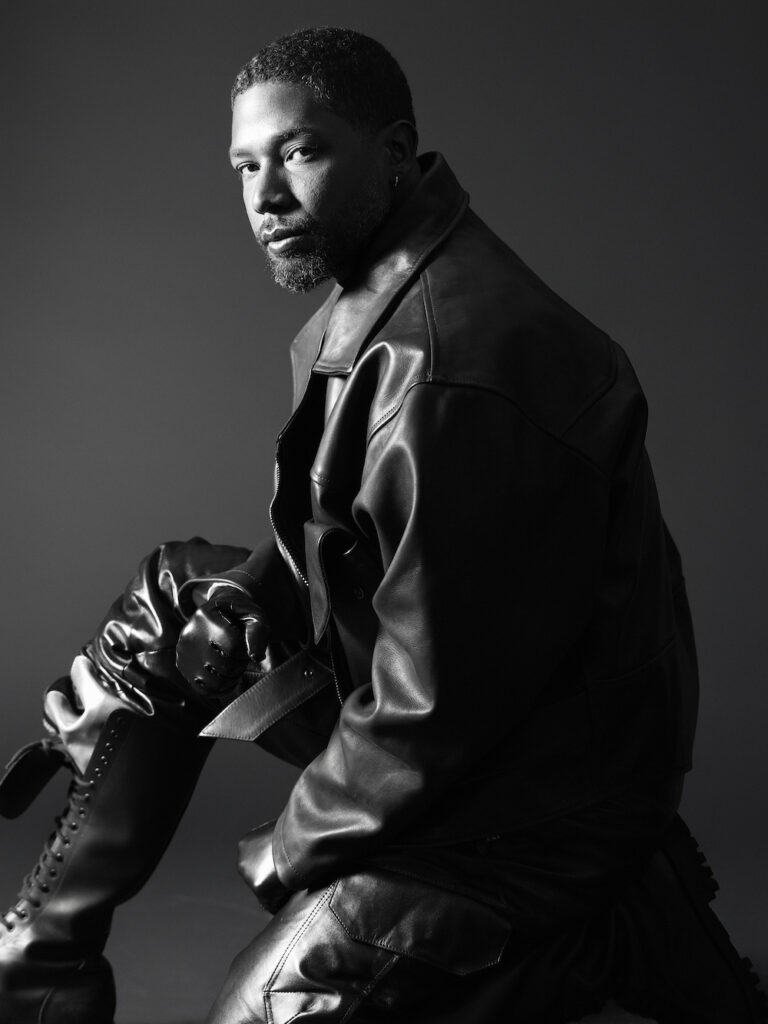
Looking at your career across acting, music, and directing, which award you’ve received—the eleven NAACP Image Awards for Empire, the Fan Favourite Award for B-Boy Blues, or the success of your chart-topping singles—holds the most personal significance for the effort you put into the work?
They all mean a great deal and I don’t want to ever take it for granted. I’d have to say my NAACP Image awards are cemented in my brain simply because I grew up as a little black kid in the US and the work of the NAACP has always been so admired and celebrated by my family since I was a baby. To be recognised by your people over and over again is one of the prides that I hold high.
Photos by Ace Amir
Styling by Brendon Alexander
Styling Assistance by Jailyne Navarro
Grooming by Paris Wagner


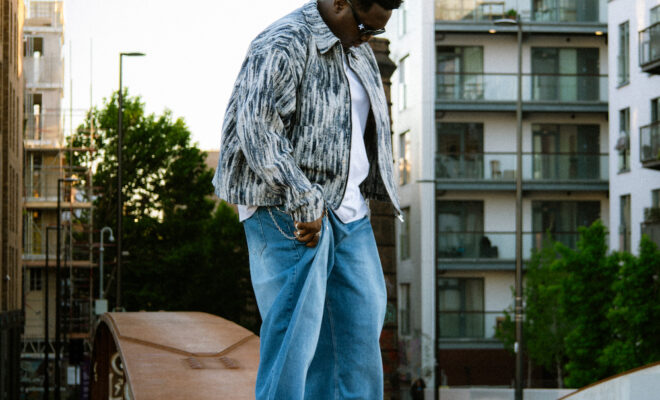


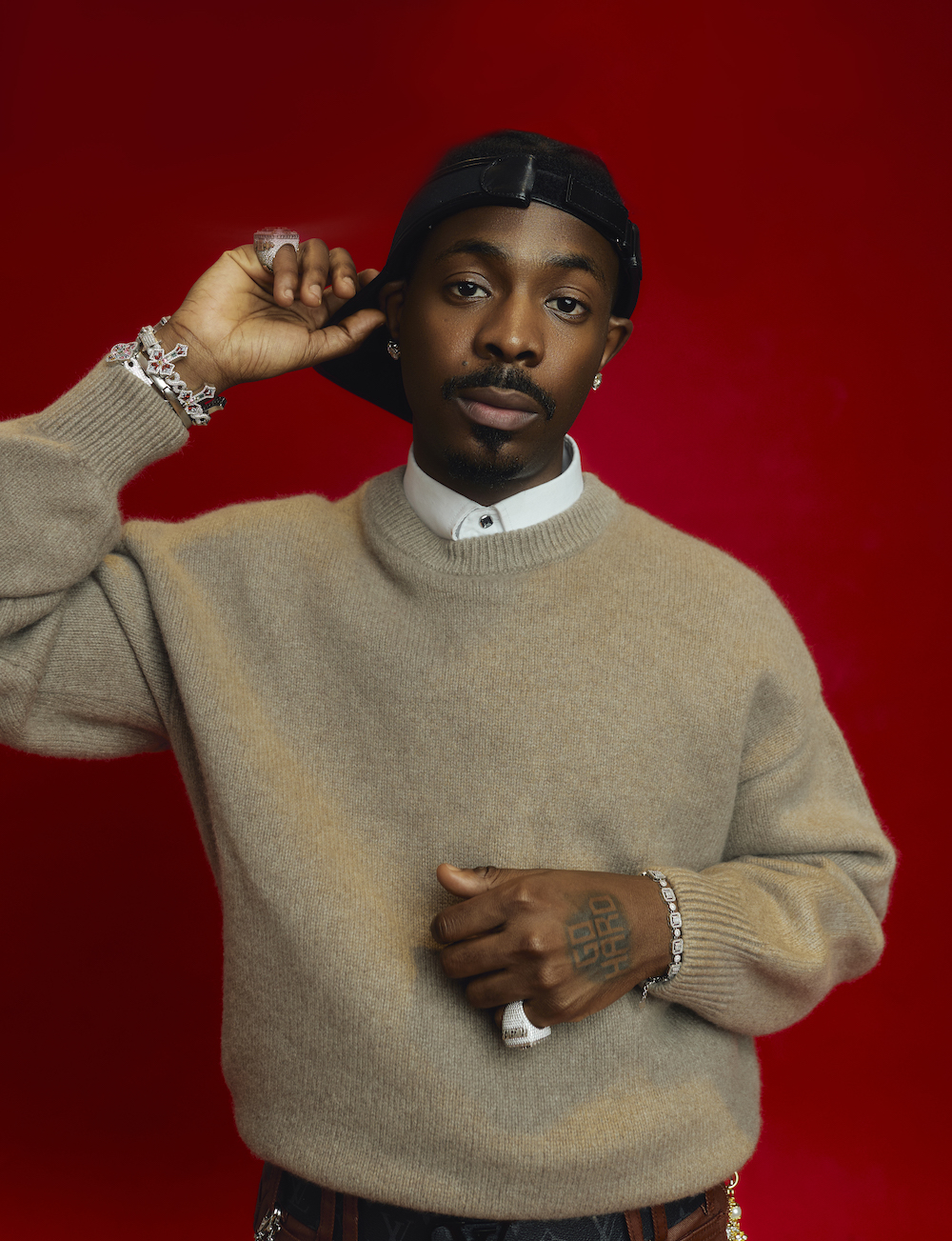

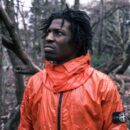

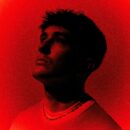

[INTERVIEW] WAVE MONTEGA HAS BIG THINGS COMING
[INTERVIEW] RUSS MILLIONS
[INTERVIEW] RUSS MILLIONS
[INTERVIEW] RUSS MILLIONS